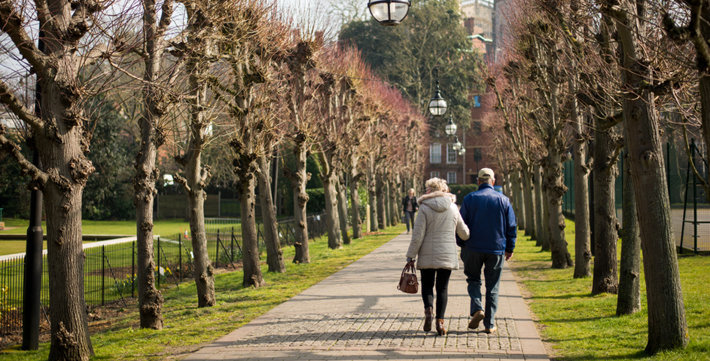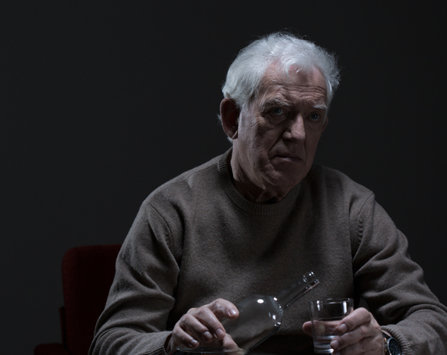
UK Baby Boomer Alcohol Addiction Rate Climbs
Many of us think of those in their 50s and above as mature individuals who’ve raised their children and now can enjoy some leisure. Unfortunately, for many of the UK population over 50, their senior years are marked by damaging levels of alcohol use.
This generation is more likely to stop at the off-license store than the corner pub, meaning that many are drinking alone where there is no curb on overconsumption. Those over 50 are also less likely to have anyone closely monitoring their health or noticing if they are emptying too many bottles or taking too many pills. And since there are no children in most of these homes, there is less motivation for them to moderate their own use. Essentially, there is less stopping this population from overindulging and that can result in a progression to full-blown addiction.
These increased levels of alcohol consumption are harder to a baby boomer’s health than a young person’s. In general, their bodies are less able to break down alcohol or drugs so toxins can accumulate and create more damage. In 2015/2016, more than half a million individuals between 55 and 74 were admitted to hospital with alcohol-related injuries or diseases.
You might be shocked to learn that more people from this age group are admitted to hospital for these problems than any other age group.

In the U.S. and Australia, risky drinking is declining, but this same trend of increasing over-50 alcohol use holds true. In the next few years, it is expected that admissions to alcohol abuse treatment for those in this age bracket will double in Europe and triple in the U.S.
Increasing Drug Use Rates Also Seen in This Group
According to some reports, it’s not just excess alcohol this age group is indulging in. It’s also prescription drugs and cannabis. Here’s a clear indicator of this increasing problem: In the last ten years, the number of senior citizens admitted to hospital for drug-related mental health problems rose from 181 to 1,345.
What are the reasons for these increases in alcohol and drug use? It can be difficult for the remaining spouse when one of a married couple passes away and children may be far away. They may be in constant pain or ill and isolated by a lack of mobility. Some seniors have had to stop driving and that further isolates them.
Protecting their Health
It’s clear that in the coming years in the UK, America and Australia, we’re going to see an increase in the number of seniors who need help for addiction to alcohol or drugs. This is no longer just a young person’s problem.
A wide range of individuals need to be alert to the possibility of alcohol or drug misuse or addiction by seniors—doctors, nurses, casualty staff and especially families. Families can help prevent catastrophes the same way with seniors as with young people—monitoring health, alertness, pill counts or rapidly emptying alcohol bottles. Is their declining cognitive or physical health hard to understand? Look for alcohol or cannabis use or pill overuse.

Drug rehabilitation centres will also need to be prepared for this influx of older individuals who may not have the same stamina for a long timetable at a rehab centre and may need special care for their physical issues. This is a significant wave of the future. Our seniors deserve our support. We can serve them by being prepared to offer effective solutions.


